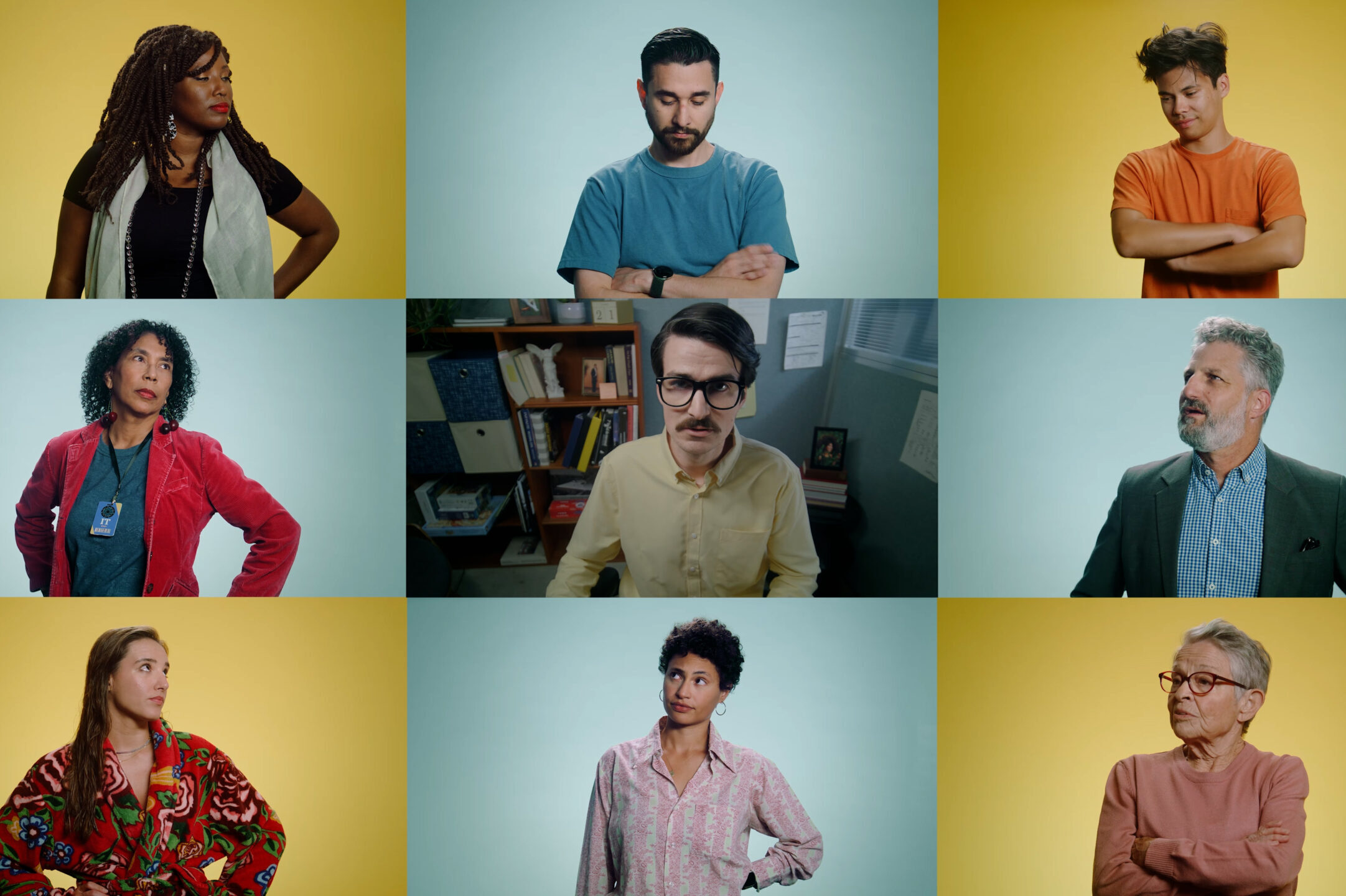
Participants chose one of five seminars offered on July 2-5 in Aspen, CO: China and America, Soft Power, The Great Conversation, Islam and Politics, and Privacy and Democracy. The Annual Socrates Dinner, which featured David Gergen, Kasim Reed, and Michelle Rhee, was held on Saturday, July 3. Click here to visit the 2010 Socrates Dinner page.
China and America: The Case for Partnership and Competition
The relationship between the United States of America and the people’s Republic of China has been of growing importance, both strategically and economically, since Richard Nixon and Henry Kissinger’s famous “opening” to China in 1972. In the past decade, China plus America – “Chimerica”, as Niall Ferguson named it for short – was the engine of growth for the world economy as whole. Accounting for 12 per cent of the world’s land surface, a quarter of its population and a third of its gross domestic product, Chimerica accounted for more than two fifths of all global growth between 1998 and 2007. It seemed like a marriage made in heaven: The Chinese saved, Americans consumed. The Chinese exported, Americans imported. The Chinese invested, Americans shopped. Yet this unusual symbiotic relationship is anything but a stable one. Arguably, the channeling of Chinese savings into the U.S. as a result of Beijing’s policy of currency intervention was one of the key drivers of the U.S. real estate bubble that finally burst in 2007, with such devastating consequences not just for America but for the world economy as whole. And in the aftermath of the global financial crisis, there are signs that the Chimerican marriage is headed for the rocks. Is the end nigh for Chimerica? Are we approaching a time of escalating Sino-American antagonism? Or will the world’s most important relationship remain cordial?
Moderator: Niall Ferguson, Laurence A. Tisch Professor of History at Harvard University and William Ziegler Professor at Harvard Business School
Soft Power: US Leadership in a Hardball World
Conventional wisdom says that the global balance of power is shifting. US power is declining and Asia is rising. Europe, Japan and Russia are on the way down. How would we know? What do we mean by “Power”? We will explore various dimensions of power – military, economic, soft, cyber – and how they are changing under the impact of the information revolution and globalization. Then we will look at how various countries fare on these different dimensions. Finally, we will discuss a grand strategy for American power and how the Obama Administration measures up against it.
Moderator: Joseph Nye, University Distinguished Service Professor, Harvard Kennedy School of Government
The Great Conversation in a Global Society
Three modules comprise this seminar: Human Nature, the Burden of Power and Leadership Strategies. In the tradition of the Aspen Institute’s Great Conversation, we will move from views of humanity held by the Ancient Greeks to modern work in genetics: from the Rwandan Genocide to Virginia Woolf on women and war; from the Italian Renaissance to the American Civil Rights movement of the 1960’s. The readings and discussion aim to elicit participant views on 1) what it means to be human; 2) how human nature and historical circumstance shape our behavior in a global society; and 3) the forms leadership may take.
Moderator: Leigh Hafrey, Senior Lecturer, Communication and Ethics, MIT Sloan School of Management
Between Islam and Politics
Islam has at least two faces: A religious face and a political one. The first is a source of spirituality for over a billion and a half people worldwide. The latter is Islam as an ideology as it relates to power and governance; the relationship between the individual and the collective; the Islamic polity; family life and particularly the position of women; the position of minorities; the concept of war (domestic and foreign affairs); the economy and culture. Students of Islam treat it too often as a religion, isolated from other political theories. But, to understand the importance of Islam as a political force, it should be compared with other political systems such as a democracy. Is Islam compatible with Western ideas about individual freedom and democracy? Is it possible simultaneously to be a good Muslim and a good American? Is Islam as a political ideology a threat to democracy, or might democracy actually promote Islam? And what are the best remedies we can offer to check the spread of Islam as a political theory?
Moderator: Ayaan Hirsi Ali, Resident Fellow, American Enterprise Institute
The Impact of Technology on Democracy around the World
Changes in technology are posing stark challenges to our constitutional values in democracies around the world. From free speech to privacy, from liberty and personal autonomy to the right against self-incrimination, basic constitutional principles are under stress from technological advances unimaginable even a few decades ago, let alone in the founding era. In the seminar, we will identify the range of options that judges, technologists, and legislators have as they struggle to respond to technological shifts and to offer an analytical blueprint for translating democratic values into the twenty-first century.
Moderator: Jeff Rosen, Professor of Law, The George Washington University Law School and legal affairs editor, The New Republic

